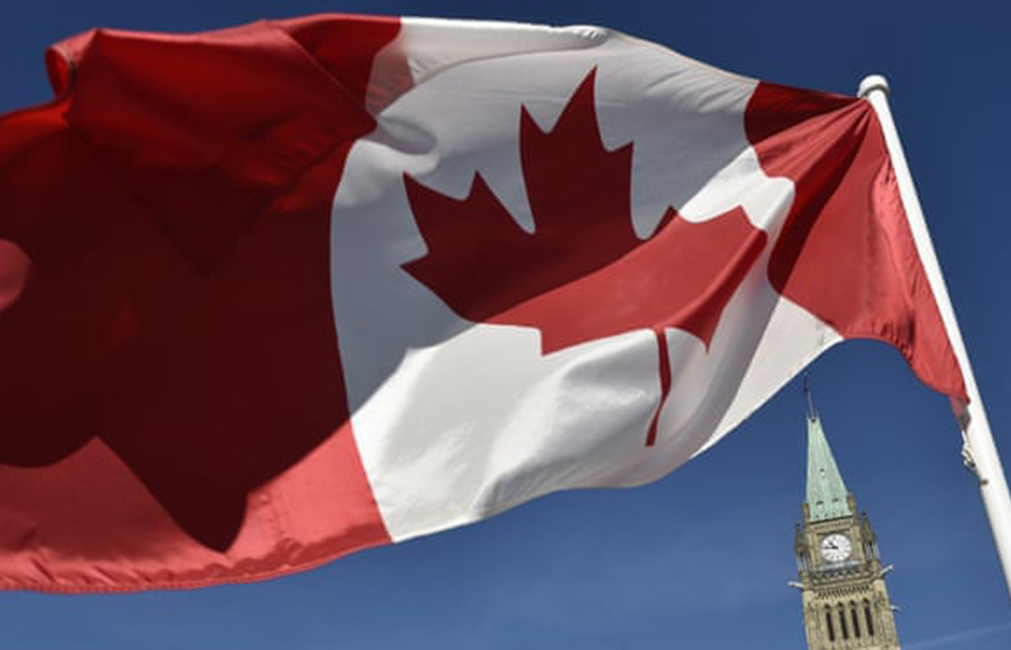Canada has imposed a landmark carbon tax on four provinces which had defied Ottawa’s push to combat climate change, prompting unhappy premiers to say they would challenge the measure. The prime minister, Justin Trudeau, citing international commitments to fight global warming, had made clear for two years he would slap the tax on any of the 10 provinces that did not come up with their own plans by 1 April.
The measure is opposed by Ontario, the most populous province, where Trudeau’s Liberals need to do well to stand a chance of retaining power in a federal election this October.
Carbon pollution will initially cost C$20 ($15) a tonne, rising by C$10 a year until it reaches C$50 in 2022. It also applies in Manitoba, Saskatchewan and New Brunswick.
“As of today, it’s no longer free to pollute anywhere in Canada,” the environment minister, Catherine McKenna, said on Twitter.
“Climate change is real ... some politicians may not care much, but our kids and our grandkids do.“
Official data regularly show Canada has little chance of meeting its climate change goals of reducing emissions by 30% from 2005 levels by 2030.
Although Ottawa says the money collected will be returned to taxpayers in the form of rebates, right-leaning parties portray it as a cash grab.
The Conservatives, who polls show could win the October election as a scandal over alleged political interference dogs Trudeau, promise to scrap the measure.
Ontario premier Doug Ford vowed to oppose what he called “the worst tax ever” in court.
“We’re going to keep fighting this carbon tax with every single tool at our disposal,” he said in a filmed statement.
Scott Moe, the premier of Saskatchewan, which has already launched a challenge, said he hoped the tax was an April Fool’s joke.
“We now have four provinces representing half the population in this nation that say this is a flawed policy,” Moe told the Canadian Broadcasting Corp.
Trudeau’s other efforts to combat climate change are also proving a challenge.
Last year the government unveiled legislation to overhaul environmental assessments of energy projects, paying more attention to greenhouse gas emissions. Critics say this will deter future investment at a time when existing projects are already in trouble.
Canada bought Kinder Morgan Canada Ltd’s Trans Mountain crude pipeline for $4.5bn last year after the company expressed doubts it could proceed with plans to more than double the existing capacity.
(The Guardian)

Leave your comments
Login to post a comment
Post comment as a guest